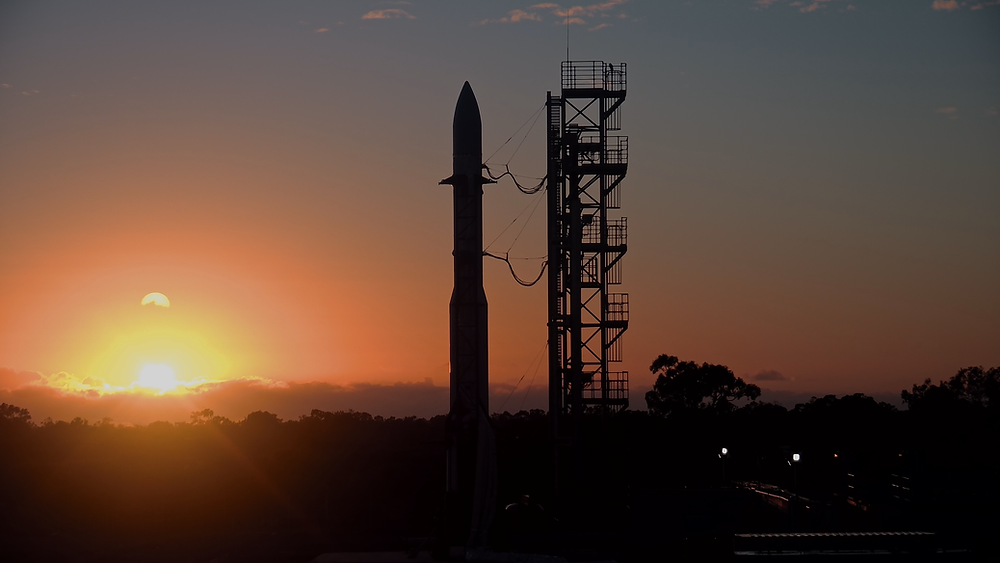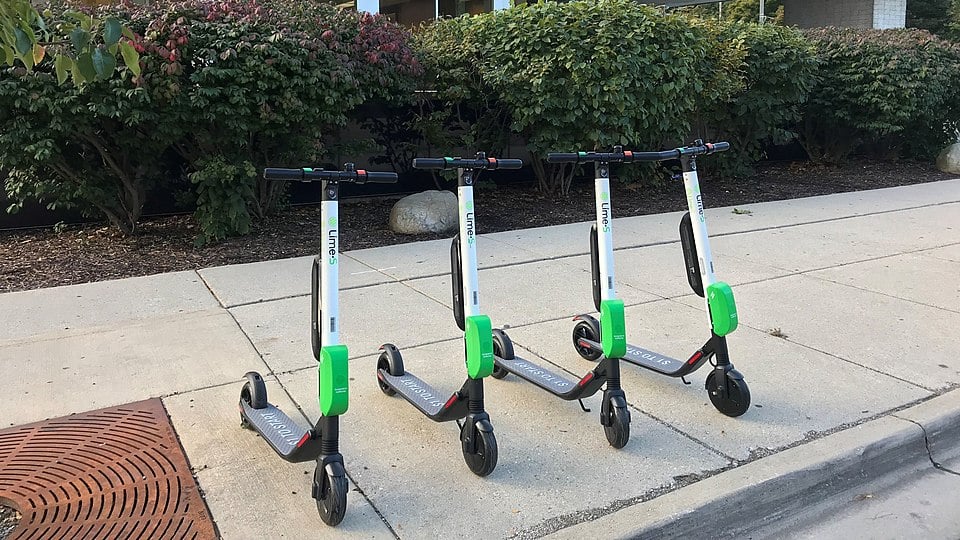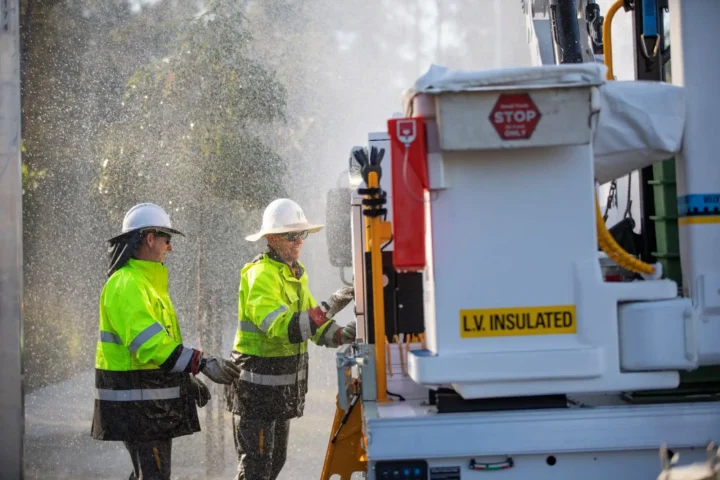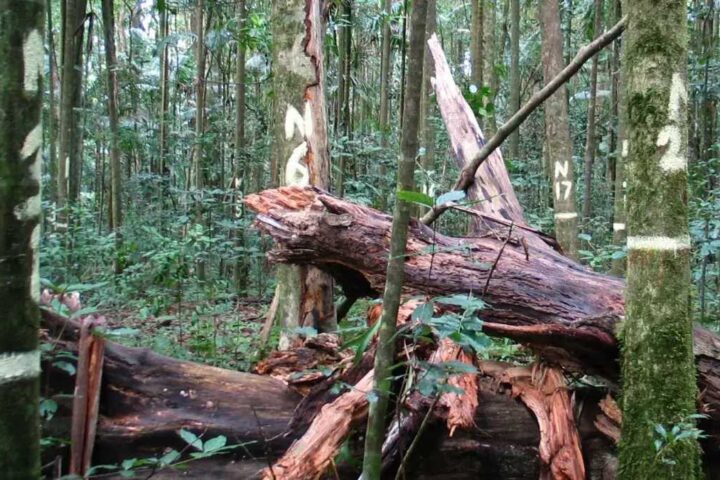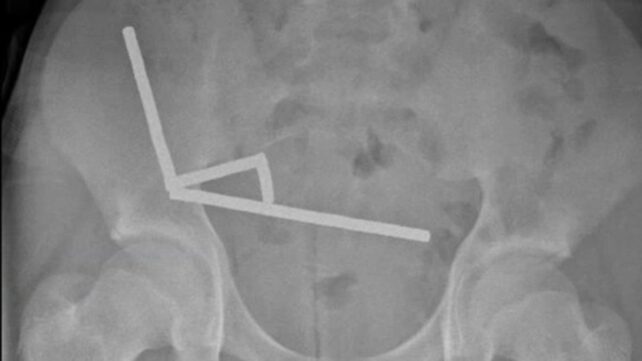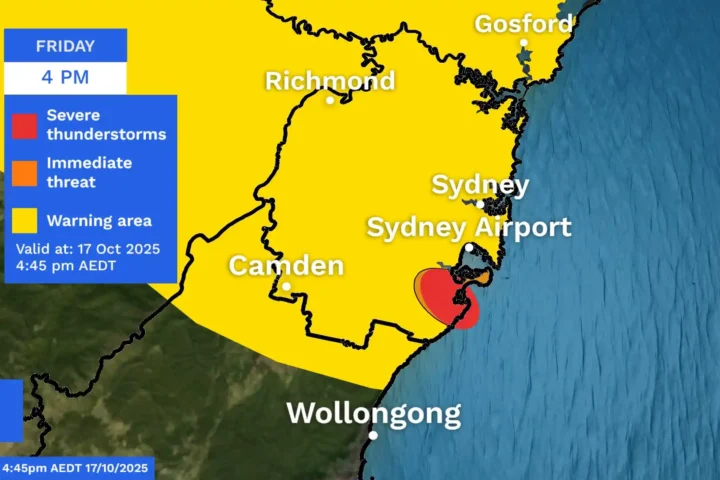Australia’s first homegrown orbital rocket launch hit a snag when a technical problem forced Gilmour Space Technologies to postpone its historic mission from Queensland.
The delay occurred when an electrical fault triggered the rocket’s nose cone to open unexpectedly during final checks on May 15, 2025. The 25-meter Eris rocket stood unfueled at the time, and no one was injured in the incident.
“Whether we make it off the pad, reach max Q, or get all the way to space, what’s important is that every second of flight will deliver valuable data,” said Adam Gilmour, CEO of Gilmour Space Technologies, before the launch attempt.
The company plans to transport a replacement nose cone from their Gold Coast factory to the Bowen Orbital Spaceport, located about 1,000 kilometers north of Brisbane. Engineers will investigate what caused the electrical system to malfunction before setting a new launch date, which could be at least three weeks away.
Similar Posts
The postponement disappointed space enthusiasts who had traveled to witness the event. “We need our own sovereign capability so badly,” said Ivan Lian, who journeyed from Sydney to watch the launch.
The Eris rocket represents a significant step for Australia’s space industry. Built to carry up to 305 kilograms into low Earth orbit, it uses an innovative hybrid propulsion system that offers safety advantages over traditional rocket engines.
For this test flight, the rocket carries an unusual passenger – a jar of Vegemite, the iconic Australian spread. While the payload choice might seem quirky, the mission’s real value lies in gathering data about the rocket’s performance.
The journey to launch day wasn’t simple. Gilmour Space, founded by brothers Adam and James Gilmour in 2013, has grown to employ over 200 people and works with more than 300 Australian companies in their supply chain. The company had to secure multiple regulatory approvals and build a new spaceport before attempting this launch.
This setback follows an earlier delay on May 15 due to a separate ground support system issue. Early inspections show no damage to either the rocket or launch pad from the recent nose cone incident.

A successful launch would mark the first time an Australian-built rocket reaches orbit, strengthening the country’s position in the growing space industry. The mission aims to create more high-tech jobs and give Australia independent access to space.
The company maintains safety as its top priority while working to resolve the technical issues. The Vegemite payload remains safe, ready to make its journey to space once the rocket is cleared for launch.
